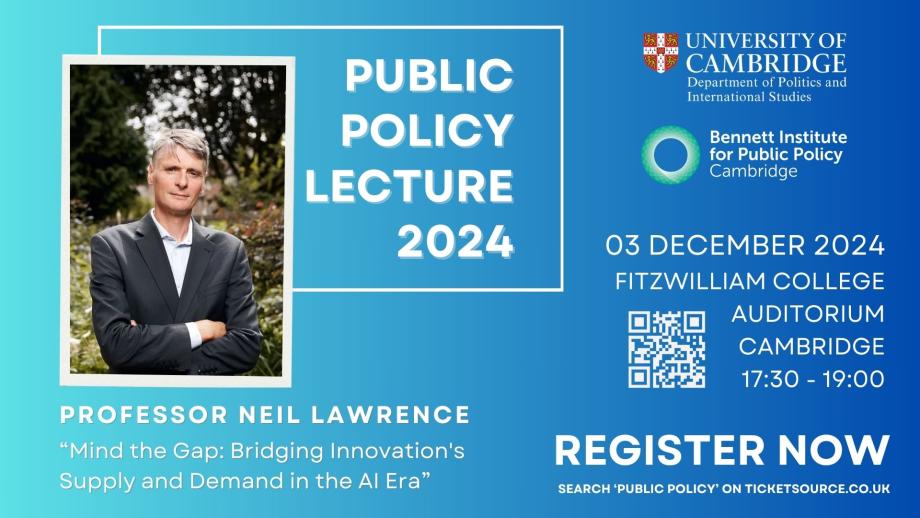Despite its transformative potential, artificial intelligence risks following a well-worn path where technological innovation fails to address society’s most pressing problems. The UK’s experience with major IT projects shows this disconnect: from the Horizon scandal’s wrongful prosecutions to the £10 billion failure of the NHS Lorenzo project. These weren’t only technical failures but a failure to bridge between needs and the provided solution, a failure to match supply and demand.
This misalignment persists in AI development: in 2017, the Royal Society’s Machine Learning Working group conducted research with Ipsos MORI to explore citizens’ aspirations for AI. It showed strong desire for AI to tackle challenges in health, education, security, and social care, while showing explicit disinterest in AI-generated art. Yet seven years later, while AI has made remarkable progress in emulating human creative tasks, the demand in these other areas remains unfulfilled.
This talk examines this persistent gap through a lens that’s inspired by innovation economics. We argue that traditional market mechanisms have failed to map macro-level interventions to the micro-level societal needs. We’ll explore why conventional approaches to technology deployment continue to fall short and propose radical changes needed to ensure that AI truly serves citizens, science, and society.
This lecture is hosted by the Bennett Institute for Public Policy and the Department of Politics and International Studies.


